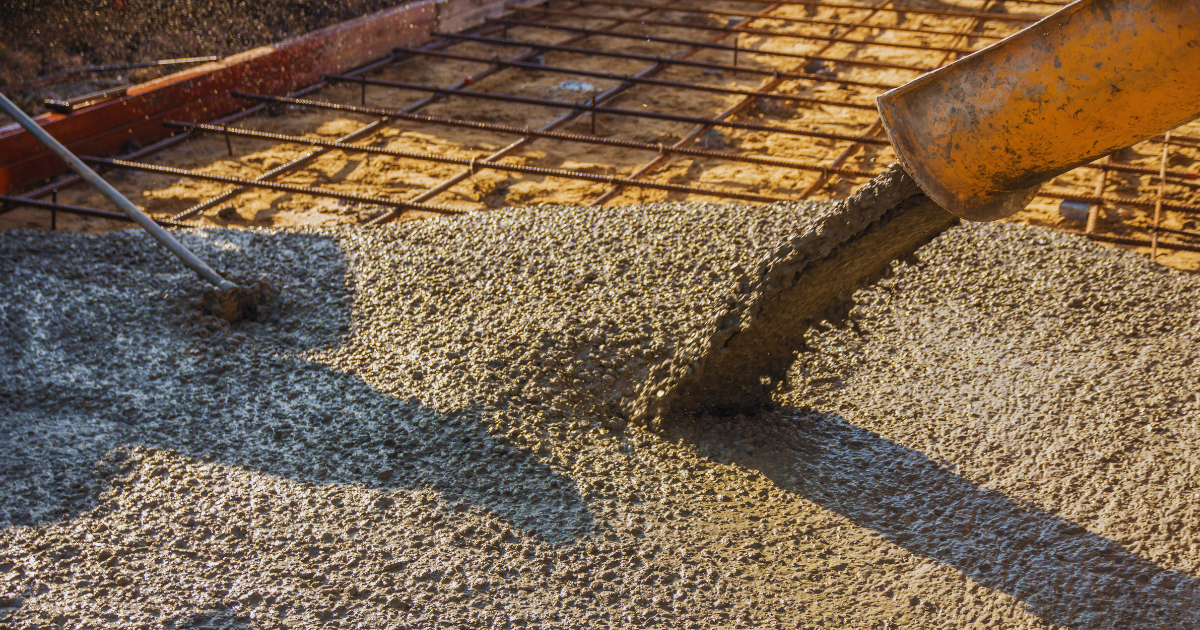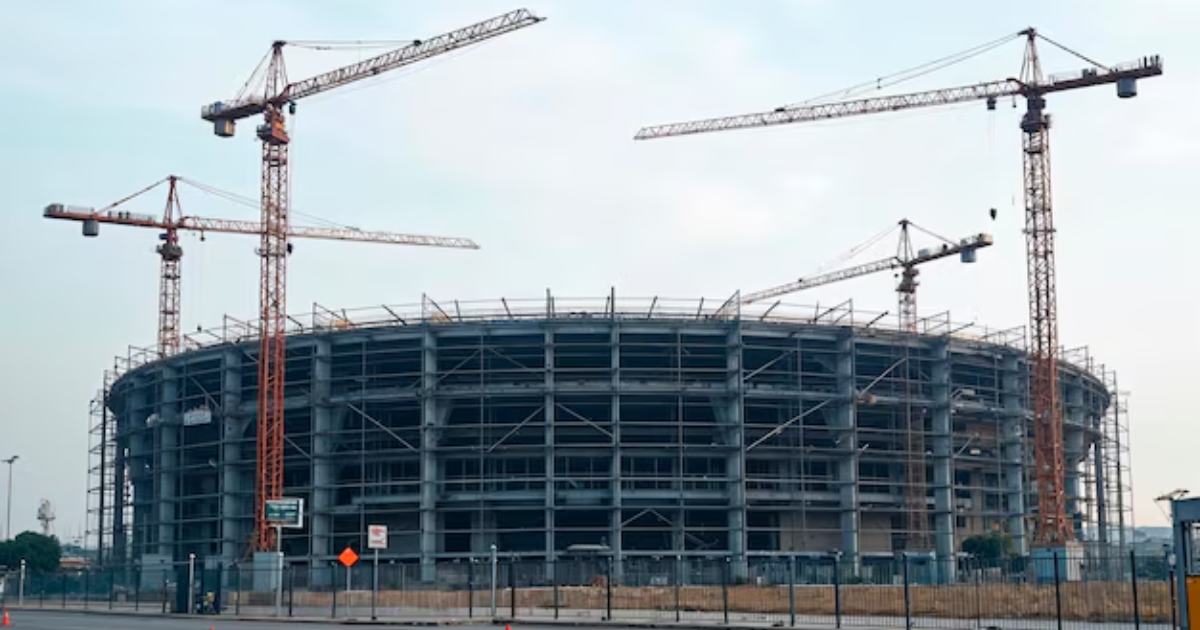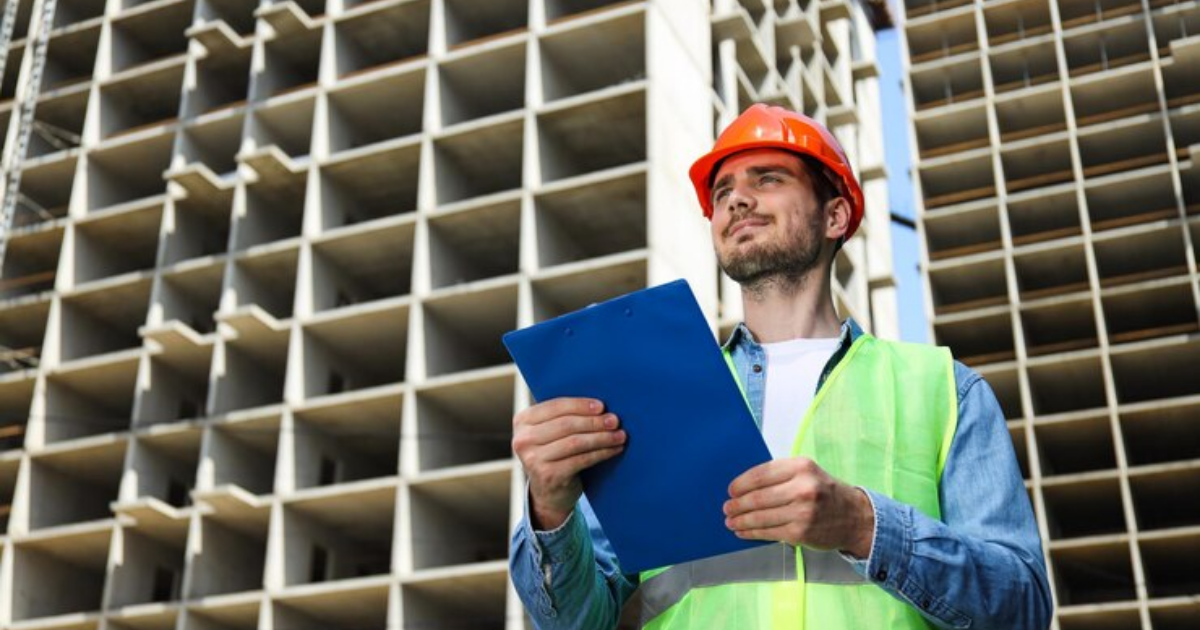In modern construction, ready-mix concrete (RMC) has revolutionized project timelines and quality standards. The efficiency and precision it offers stem not just from its superior quality but also from advancements in delivery systems. Smart delivery systems are the next evolution, enhancing the logistics and operational processes of RMC, ensuring optimal resource utilization, and meeting stringent project deadlines. In this blog, we delve into how these systems are improving the logistics and efficiency of ready-mix concrete delivery.
The Importance of Efficient Delivery in RMC
The journey of ready-mix concrete, from batching plants to construction sites, is a critical phase in its lifecycle. Any delays, inconsistencies, or logistical mismanagement can compromise the quality and usability of the material. Given the time-sensitive nature of concrete, which begins setting shortly after mixing, efficient and reliable delivery systems are vital.
Smart delivery systems are emerging as the solution to these challenges, offering enhanced monitoring, precise scheduling, and adaptive logistics that cater to the needs of diverse construction projects.
Components of Smart Delivery Systems for RMC
Modern delivery systems for ready-mix concrete integrate advanced technologies and automated processes to overcome traditional inefficiencies. Below are the key components driving this transformation:
1. GPS Tracking and Real-Time Monitoring
Real-time GPS tracking allows construction teams to monitor the movement of RMC trucks. This transparency ensures:
- Accurate arrival time predictions.
- Quick rerouting in case of traffic delays.
- Better coordination between batching plants and construction sites.
2. Automated Dispatch Systems
Automated dispatch systems schedule and allocate deliveries based on project priorities and plant capacity. These systems:
- Minimize idle time for trucks.
- Prevent overbooking of resources.
- Ensure smooth operations even during peak demand.
3. Temperature and Moisture Sensors
Maintaining the quality of ready-mix concrete during transit is crucial. Sensors embedded in truck drums monitor parameters like:
- Concrete temperature to prevent premature setting.
- Moisture levels to maintain the desired mix consistency.
4. Mobile Apps and Communication Platforms
Dedicated mobile applications allow stakeholders to track deliveries, communicate instructions, and manage invoices seamlessly. These apps provide:
- Real-time delivery updates.
- Alerts for delays or issues.
- Digital proof of delivery for accountability.
How Smart Delivery Systems Improve Logistics
1. Reduced Downtime
Smart systems optimize truck routes and minimize waiting times at construction sites. This ensures trucks return to batching plants faster, boosting overall productivity.
2. Enhanced Coordination
With synchronized communication channels, contractors, plant operators, and truck drivers work in harmony. This eliminates confusion and fosters smooth operations.
3. Dynamic Route Optimization
Using AI algorithms, smart systems dynamically adjust delivery routes based on:
- Traffic conditions.
- Weather updates.
- On-site requirements.
This adaptability ensures timely deliveries and reduces fuel consumption.
4. Data-Driven Decision Making
Smart delivery systems generate actionable insights through collected data. This helps in:
- Forecasting demand accurately.
- Identifying inefficiencies in delivery routes.
- Planning future resource allocation.
Efficiency Gains Through Smart Delivery Systems
1. Cost Savings
Optimized logistics reduce fuel expenses, labor costs, and material wastage, making ready-mix concrete delivery more cost-effective.
2. Improved Quality Assurance
Real-time monitoring ensures concrete quality is maintained throughout transit, resulting in superior project outcomes.
3. Eco-Friendly Practices
By minimizing fuel usage and preventing overproduction, smart systems contribute to sustainable construction practices.
4. Enhanced Client Satisfaction
Timely deliveries and transparent operations improve client trust and satisfaction, fostering long-term relationships.
Challenges and Solutions
While smart delivery systems offer immense benefits, they also come with their challenges:
1. High Initial Investment
The technology and infrastructure required can be expensive. However, the long-term cost savings and efficiency gains outweigh these initial costs.
2. Integration with Existing Systems
Seamlessly integrating new technologies with traditional batching and delivery systems can be complex. Comprehensive training and phased implementation can ease this transition.
3. Dependence on Reliable Internet Connectivity
Smart systems rely heavily on internet access for real-time updates. Deploying backup communication solutions ensures uninterrupted operations.
Role of Hindustan Infrastructure Solutions
Hindustan Infrastructure Solutions has been at the forefront of embracing smart delivery systems for ready-mix concrete. With cutting-edge technology and a customer-centric approach, the company ensures:
- Reliable and timely deliveries tailored to project needs.
- Advanced quality assurance through real-time monitoring.
- Cost-effective and sustainable practices that align with global construction standards.
Their commitment to innovation makes them a trusted partner for projects of all scales, from residential complexes to massive infrastructure undertakings.
Conclusion
Smart delivery systems are transforming how ready-mix concrete reaches construction sites. By leveraging technology and automation, they optimize logistics, enhance efficiency, and ensure superior project outcomes. As the industry moves forward, embracing these systems will be key to staying competitive and sustainable. Companies like Hindustan Infrastructure Solutions exemplify how adopting innovation can revolutionize operations and set new benchmarks for excellence in construction.







